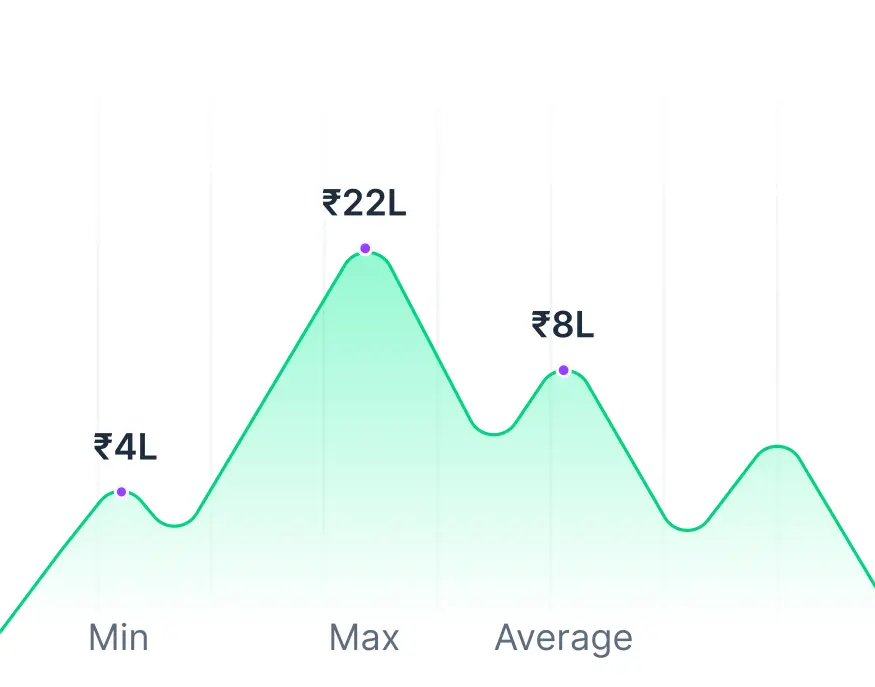Importance of Data Analysts
During my decade at StarAgile, I've watched the data analyst role evolve from simple number-crunching to strategic business partnership. Today's data analysts serve as translators between raw information and actionable insights. They're the professionals who dig through mountains of data to find the golden nuggets that help companies make smarter decisions. Think of them as detectives with spreadsheets, uncovering stories hidden within numbers.
Data Analyst Job Responsibilities
Understanding data analyst job responsibilities starts with recognizing their multifaceted nature. Let me break down what our graduates typically handle in their roles:
1. Data Collection and Cleaning: This foundational task involves gathering information from various sources—databases, APIs, spreadsheets, and surveys. Analysts spend roughly 60% of their time ensuring data quality, removing duplicates, and fixing inconsistencies. It's not glamorous, but it's crucial for accurate analysis.
2. Analysis and Interpretation: Here's where the magic happens. Using statistical methods and analytical tools, analysts identify trends, patterns, and anomalies. They apply techniques like regression analysis,cohort analysis, and predictive modeling to extract meaningful insights from raw data.
3. Visualization and Reporting: Numbers alone don't tell stories—visuals do. Creating compelling dashboards, charts, and presentations that non-technical stakeholders can understand forms a core part of data analyst responsibilities and duties. I've seen junior analysts transform complex datasets into simple visualizations that sparked million-dollar business decisions.
4. Stakeholder Communication: Beyond technical work, analysts must translate findings into business language. They participate in meetings, present discoveries, and recommend actions based on data-driven insights.
Key Roles of a Data Analyst
The data analyst job role varies across organizations, but certain functions remain consistent:
1. Business Intelligence Specialist: Focusing on creating automated reports and dashboards that track KPIs and business metrics in real-time.
2. Problem Solver: When sales dip or customer complaints rise, analysts investigate the root causes using data forensics.
3. Strategic Advisor: Modern analysts don't just report findings—they recommend solutions. Their job role as a data analyst includes proposing data-backed strategies for growth.
4. Cross-functional Collaborator: Working with marketing, sales, operations, and IT teams to ensure data insights reach every corner of the organization.
Data Analyst Requirements
Educational backgrounds for analysts vary widely. While many hold degrees in mathematics, statistics, or computer science, I've trained English majors and psychology graduates who became exceptional analysts. What matters more is analytical thinking and curiosity. How Data analysis is different from Data Analyst.
Technical requirements include proficiency in SQL for database querying, Excel for quick analysis, and at least one programming language like Python or R. Knowledge of visualization tools (Tableau, Power BI) and statistical software gives candidates competitive advantages. What is Data Analyst Job Description.
Skills Needed to be a Data Analyst
Beyond technical abilities, successful analysts possess:
1. Critical Thinking: Questioning data sources, methodologies, and conclusions ensures accuracy in data analyst duties and responsibilities. Preparing for these responsibilities usually requires structured training, and the time required for a data analytics course becomes a practical consideration for professionals.
2. Attention to Detail: One misplaced decimal can skew entire analyses. Precision matters immensely.
Communication Skills: The best analysis means nothing if you can't explain it clearly. Writing reports and presenting findings require strong communication abilities.
3. Business Acumen: Understanding how businesses operate helps analysts provide relevant insights aligned with organizational goals.
4. Continuous Learning: With technology evolving rapidly, staying updated on new tools and techniques is non-negotiable.
Conclusion
The data analyst's responsibilities extend far beyond creating reports areas typically included in a data analytics curriculum. These professionals shape business strategies, optimize operations, and drive innovation through data-driven insights. At StarAgile, we prepare our students for these diverse responsibilities through hands-on projects and real-world scenarios. The demand for skilled analysts continues to grow, making this an excellent career choice for analytically-minded individuals ready to impact business success. In this blog we discussed about Data Analyst Job responsibilities that help to get more information. Do you know to crack Data Analyst What are the Data Analyst Interview Questions that helps you check this out..
FAQs
1. What are the skills required for a data analyst?
Essential skills include SQL proficiency, statistical knowledge, data visualization expertise, programming basics (Python/R), and strong communication abilities. Soft skills like problem-solving and business understanding prove equally important.
2. Is data analyst hard for beginners?
Starting can feel overwhelming, but with structured learning, it's absolutely achievable. Most concepts build logically upon each other. Our StarAgile students, many without technical backgrounds, successfully transition into analyst roles within 6 months.
3. What qualifies you as a data analyst?
Qualification comes from demonstrating analytical capabilities through projects, certifications, or relevant experience. A degree helps but isn't mandatory—portfolio projects showcasing your ability to handle data analyst responsibilities and duties often matter more.
4. What are top 3 soft skills for a data analyst?
Communication tops the list—explaining complex findings simply. Problem-solving comes second—approaching challenges methodically. Third is curiosity—constantly questioning and exploring data for deeper insights.
5. Why Data Analysts Are Crucial for Business Success
Data analysts transform information overload into competitive advantages. They identify cost-saving opportunities, reveal customer preferences, and predict market trends. Without analysts interpreting data effectively, businesses fly blind in today's data-rich environment, missing opportunities and making costly mistakes.







 The modern business runs on data, and analysts are the engines.
The modern business runs on data, and analysts are the engines. 















